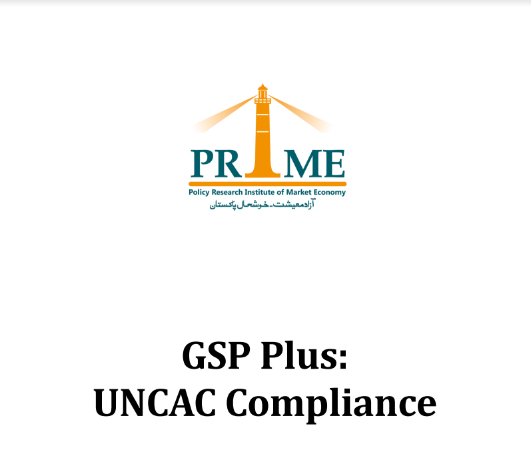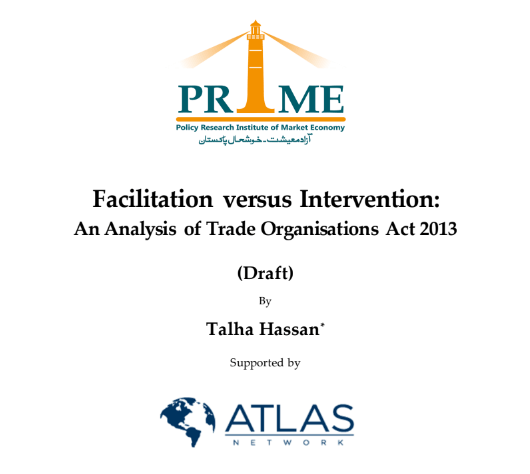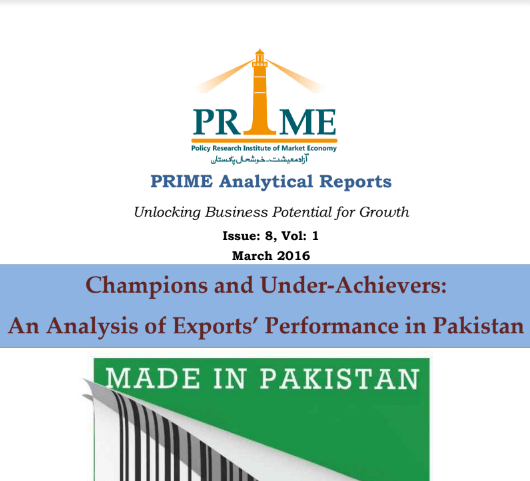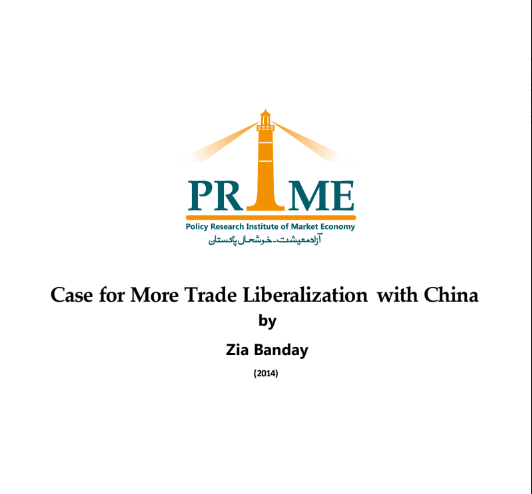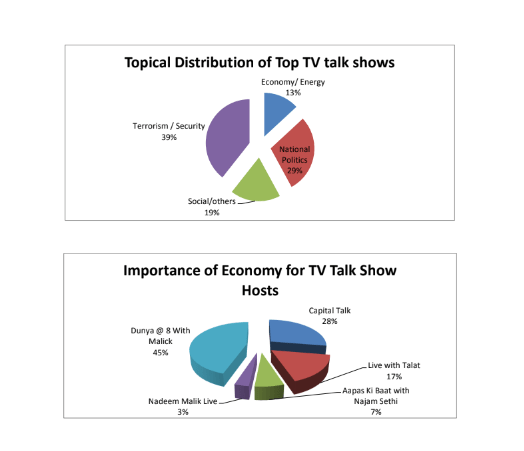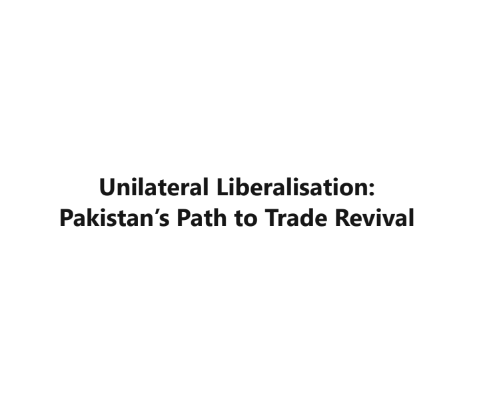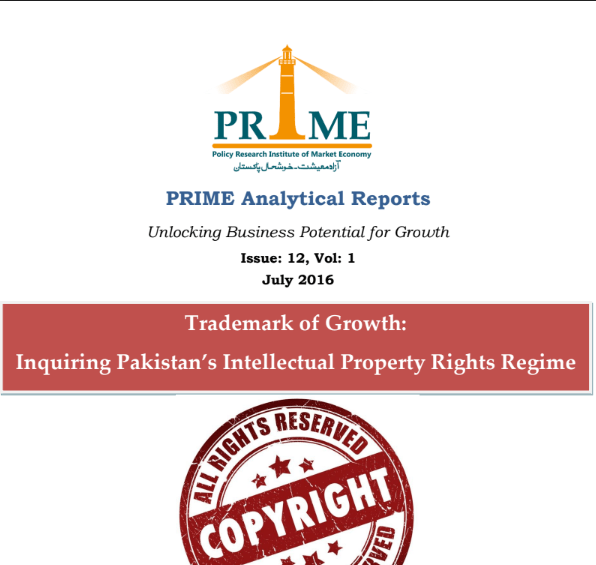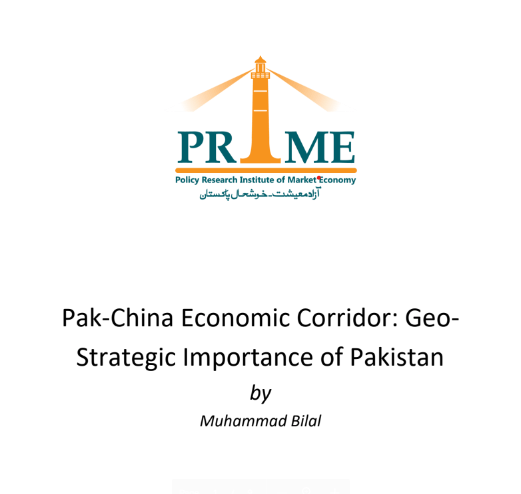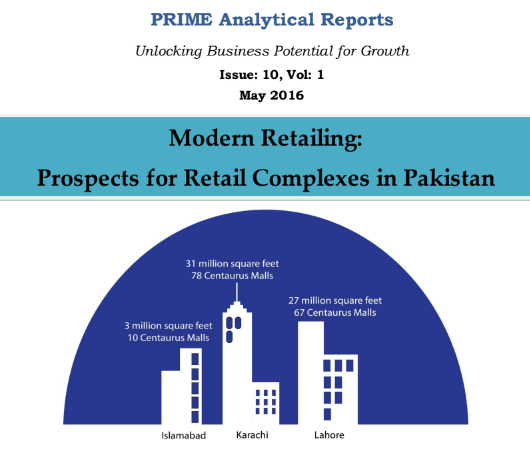International compliance laws are becoming challenging for companies in supply chain including importers, exporters and indenters. Foreign companies are increasingly complying with international laws including Foreign Corrupt Practice Act (FCPA), UK Bribery Act, Brazilian Clean Company Act etc. and significantly penalising the counter-parts for non-compliance.
Click below to read full report:
For inquiries, please contact info@primeinstitute.org or call at 03330588885.

